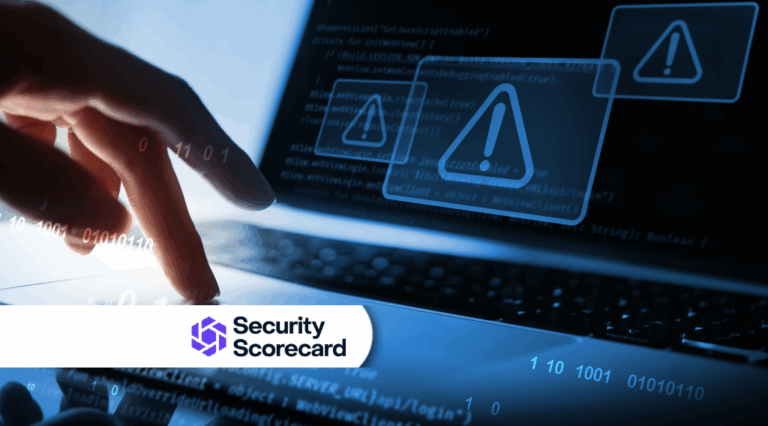
Similar Posts

SumUp and FreedomPay Join Forces to Revolutionize Secure and Seamless Payment Solutions
SumUp, a global FinTech firm, has partnered with FreedomPay to enhance payment solutions for retail and hospitality businesses worldwide. This collaboration aims to create a robust payment infrastructure with offline capabilities, ensuring seamless transactions even in remote areas. The partnership offers hardware flexibility and enterprise-level functionality to cater to various business sizes and needs. SumUp provides intuitive payment solutions, including card readers and invoicing services, while FreedomPay delivers a secure global commerce platform integrating payments and data insights. Together, they aim to offer scalable, transparent, and secure payment experiences, empowering merchants in the digital economy.

Aevi and IXOPAY Join Forces to Transform Global Payment Solutions for Merchants
Aevi has partnered with IXOPAY to enhance global merchant payment systems, aiming to unify in-person and online transactions. This collaboration integrates Aevi’s card-present solutions with IXOPAY’s card-not-present capabilities, allowing merchants to manage both types of transactions seamlessly. Benefits include reduced costs, increased transaction success rates, and diverse payment options without extra integrations. The partnership addresses the complexities of multi-channel payment management, offering merchants greater control, flexibility, and scalability. Industry leaders from both companies emphasize the importance of this collaboration in providing frictionless payment experiences and adapting to the evolving payments landscape.

Unlocking Financial Crime Prevention: The Power of Collaboration Over Isolation
Financial institutions face increasing pressure to enhance anti-fraud strategies as financial crime becomes more sophisticated. In Poland, credit fraud attempts soared to 324.2 million PLN (€75 million) in 2024, a trend seen across Europe. Collaboration among banks, FinTech, and crypto firms is crucial but hindered by legal concerns, operational inertia, and privacy issues. Salv, a company focused on combating financial crime, emphasizes the need for real-time, peer-to-peer communication for effective intelligence sharing. By fostering secure, structured exchanges of alerts, institutions can better detect and prevent fraud while respecting customer privacy and complying with regulations.

Muinmos Partners with Africa Due Diligence to Enhance Financial Trust Across Africa
Muinmos has partnered with Africa Due Diligence (ADD), a UK-based leader in AI-driven risk intelligence, to enhance compliance in Africa’s financial sector, which is projected to reach $230 billion by 2025. Muinmos has acquired an equity stake in ADD, improving its KYC (Know Your Customer) solutions tailored for Africa’s complex landscape. ADD specializes in KYC checks and due diligence, while Muinmos contributes advanced automated verification technology, aiming to boost investor approval rates by 65%. The partnership emphasizes trust and safety in international transactions, with leaders from both companies highlighting the importance of addressing KYC challenges to unlock market opportunities.

Mitigating Third-Party Risks: The Key to Preventing Nearly Half of Fintech Breaches
A 2025 report by SecurityScorecard highlights cybersecurity vulnerabilities in the fintech sector, revealing that 41.8% of breaches stem from third-party vendors. Analyzing 250 leading firms, it found 18.4% reported breaches, with many experiencing multiple incidents. Despite these risks, fintech companies scored well overall, achieving a median cybersecurity rating of 90, with 55.6% earning an “A.” Key weaknesses include application security and DNS health. Recommendations for improvement include enhancing vendor oversight, strengthening contractual protections, securing infrastructure, conducting regular audits, prioritizing application security, implementing multi-factor authentication, and monitoring high-risk vendors.

11 Key Questions to Identify the Perfect ESG Reporting Solution for Your Business
Choosing the right ESG reporting solution is crucial for effective sustainability management, especially with evolving regulations like the EU’s Corporate Sustainability Reporting Directive (CSRD). Companies should consider key factors when selecting software, such as budget, regulatory compliance, user-friendliness, integration with existing systems, and data collection capabilities. Automation features, customization options, vendor support, security standards, audit readiness, and scalability are also essential. A reliable ESG solution can simplify data management and ensure compliance, ultimately helping organizations meet their sustainability goals while avoiding potential penalties. For more insights, refer to Greenomy’s detailed guide on ESG reporting solutions.
